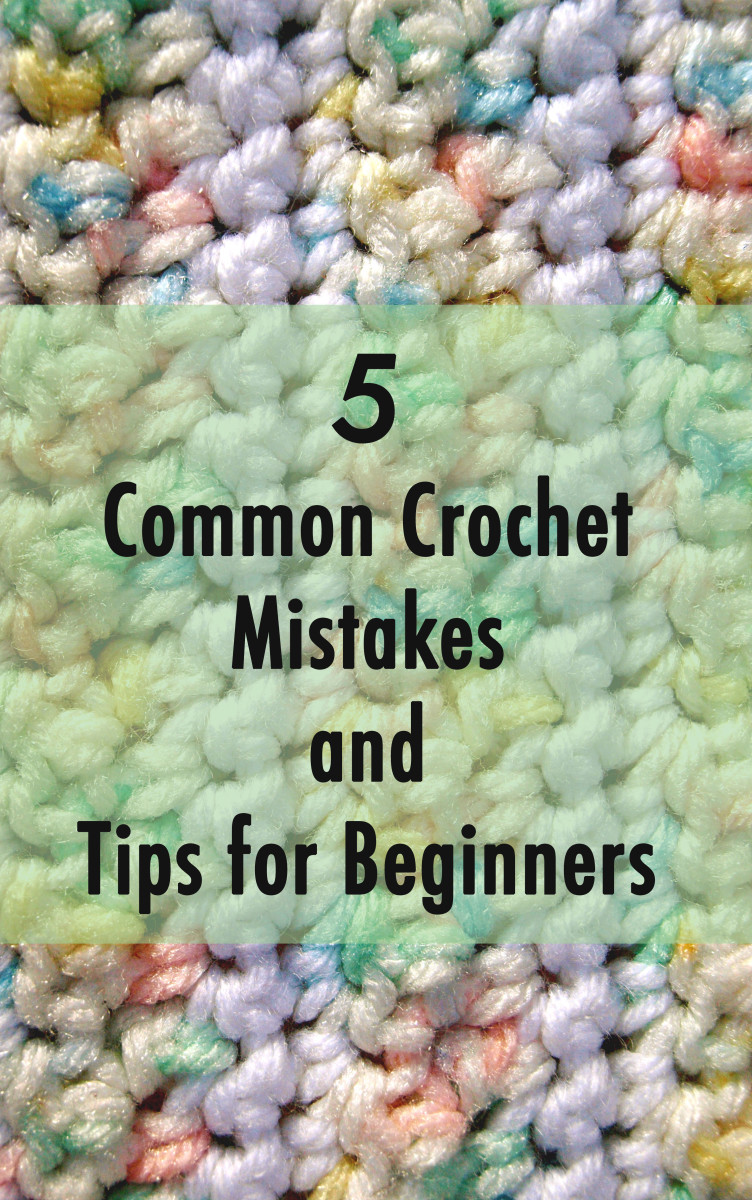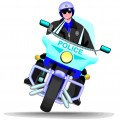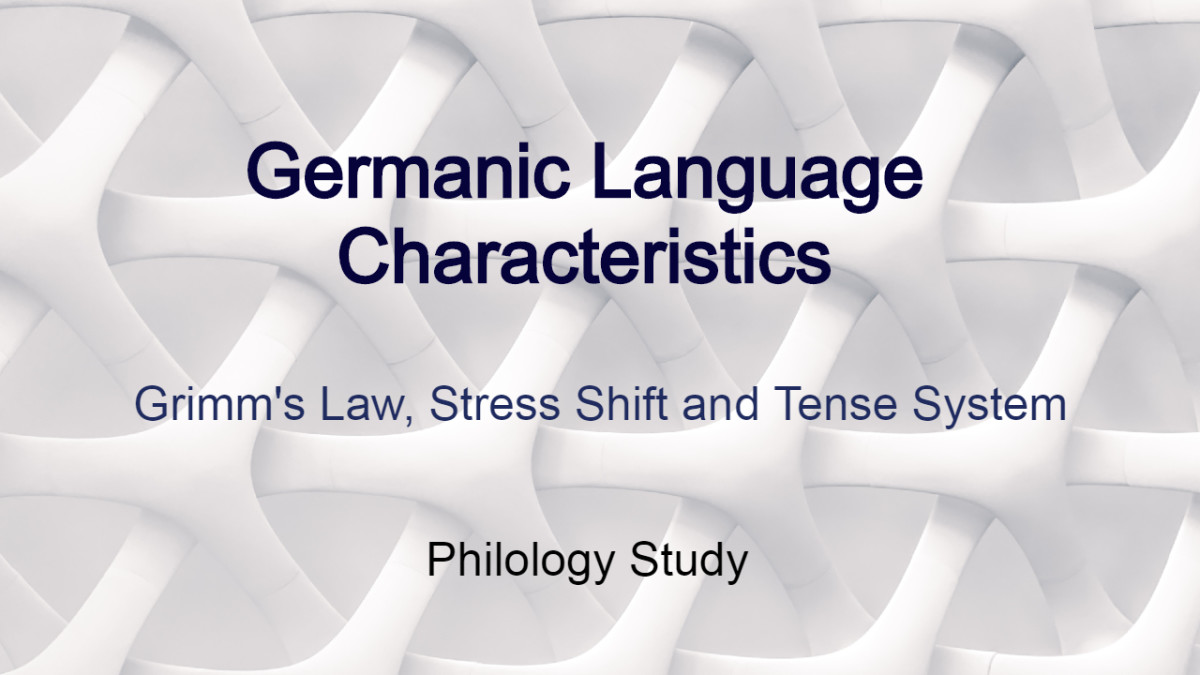Common Mistakes And Confusions In English Usage IV

I can’t seem to run out of English words that are commonly confused. This is already the fourth hub about common English mistakes that even veteran speakers of the English language make, and this definitely will not be the last. One thing that I will try to do from this hub onwards is to use the words featured in the previous hubs in the examples given.
Quite / Quiet
I think this is another frequent mistake that is due more to carelessness rather than ignorance. The difference between the two words is significant, with quiet having the meaning of little noise or silence while quite is an adverb which generally means completely or totally. A possible complication is that quiet can also be used as an adjective meaning little activity or little noise as in they were indulging in many hours of quiet play. To cause a little more confusion, quiet can also be used as a verb as when someone asks you to quiet down when you are being a little rowdy.
More examples on quite and quiet:
- She likes to get an early start to the day as she does her best work in the early morning quiet.
- In the quiet of the early morning, the chirping of the crickets can be quite loud.
- She finds that she is not quite as productive in the afternoon as she is in the morning.
- The children were told to quiet down as they were being quite noisy and the kindergarten had already received complaints.
When / Went
This pair is another mistake that I found on HubPages. I guess many people make a mistake with these two because they sound the same although they are quite different words. When is used when we are referring to a time in the past while went is the past tense of go.
More examples on how went and when can be used:
- When you make a stupid mistake like confusing went and when, you wonder where your intelligence went.
- It was when Gary complimented her on her excellent skating skills that she slipped and fell flat on her back.
- She went to a chiropractor to seek advice on her bad back, but when she reached his office, she found that he’d gone on vacation.
Desert / Dessert
This is probably one of the more common mistakes. Dessert is something usually sweet that you eat at the end of a meal while desert means a dry and arid land when used as a noun and means to abandon when used as a verb.
Examples on desert and dessert:
- The principal of the school announced a trip to the desert after everybody had finished their dessert.
- He decided to go against the advice of his father and desert the army because he didn’t believe in violence.
- Apart from the fact that the desert is hot and dry, it is really a fun place to visit.
Bought / Brought
Another commonly confused pair is bought and brought. Bought is the past tense of buy while brought is the past tense of bring. One way of remembering which is which is to remember that when you bring money to buy stuff, you will end up with less money after you buy stuff and hence bought has fewer characters than brought.
Additional examples on how bought and brought can be used:
- She brought the electric kettle that she bought back to the store for a refund.
- She intended to use the computer that she bought for surfing the net, watching movies and listening to music.
- He bought the flowers and brought them home in the boot of the car, hoping to sneak up on her and surprise her when they walked to the door.
Lose / Loose
The last pair for this hub, lose and loose, is another pair that does not have similar meaning but is usually confused as their spelling and pronunciation are similar. Lose has the opposite meaning to win while loose is the antonym of tight.
More examples on lose and loose to help you remember their differences:
- Many of us start off fit and trim but as the years pass, we find that the pounds pile on and we need to start on an exercise program to lose weight.
- This structured product guarantees your principal so that you will not lose money even if the fund manager make a bad investment.
- The moorings broke loose in the rough seas and the ship started drifting with the current.
This pair has been kindly suggested by: chinemeremz








